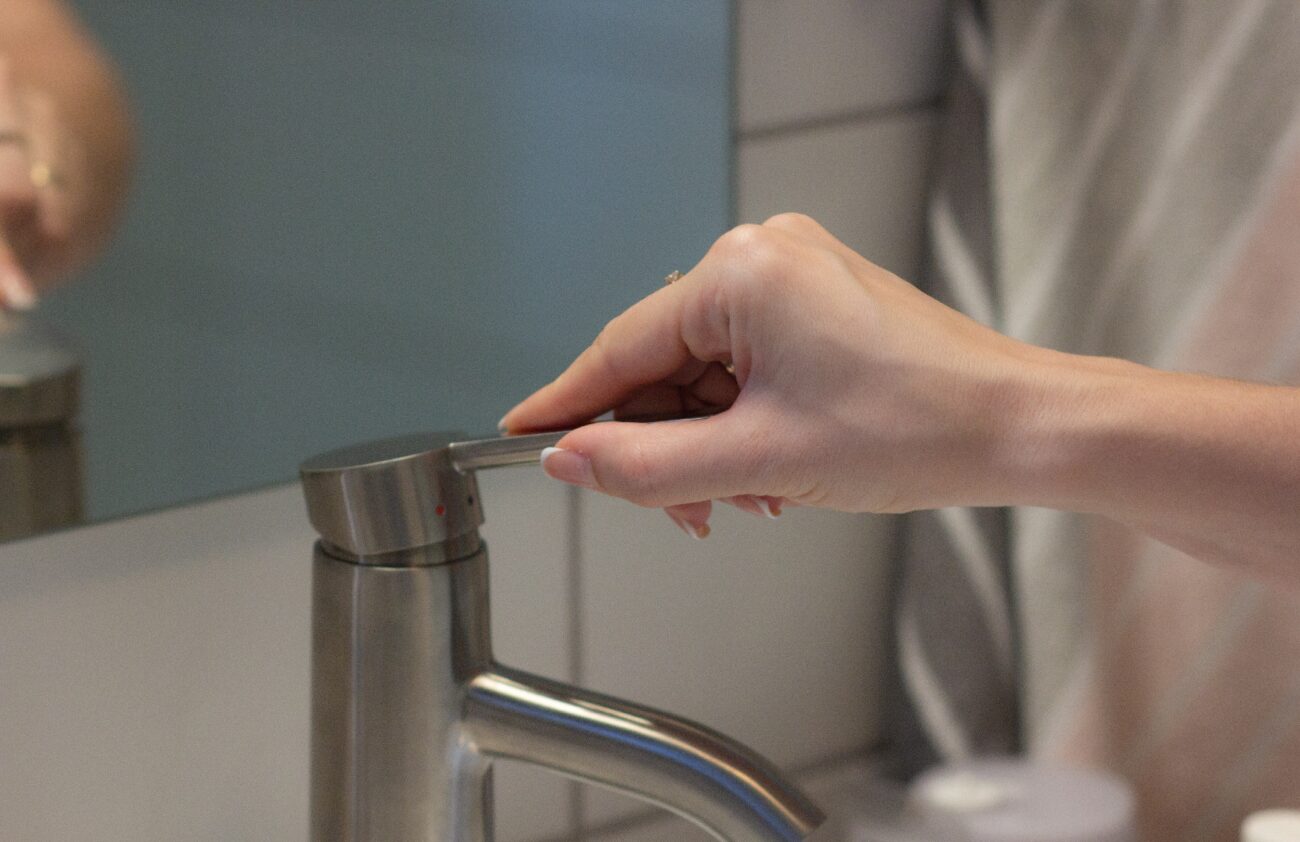Water supply in the Caribbean challenged by dry spells—CWSA chief
Reduced rainfall and river flows.
These are just some of the effects of the drought in the region that are now causing significant water deficits to four eastern Caribbean territories, the chief executive officer of the Central Water and Sewerage Authority (CWSA) reported in his opinion piece on Searchlight.
To begin with, water rationing in St. Lucia’s Southern Choiseul district has commenced through the St. Lucia Water and Sewerage Company, WASCO, and as released in their media platform, they have also resorted to trucking water to customers in the affected villages.
The adverse effects of the drought and reedy river flows in St. Vincent have been made worse by the loss of four Red Zone water systems after La Soufriere volcano’s eruption. As a result of the relocation of 15,000 evacuees to the Green Zone, an increasing demand has been assigned to the last eight water sources in the area. This has ensued daily scheduled interruptions on the Montreal and Dalaway systems affecting a number of villages in the southern part of the island from southwest to southeast.
In Grenada, the National Water and Sewerage Authority (NAWASA) has decided to action nightly water rationing on the Munich and Mardi Gras water systems, while also doing daytime and nightly disruptions on the Petit Etang water system.
According to the their Facebook page, NAWASA says that the current situation is likely to change without disclosure, and it has reminded its consumers of their personal accountability to stock appropriate amounts of water.
In an extraordinary move, the government of Barbados signaled urgency to its residents when it announced that the island’s water deficit would now have to be filled through the importation of water from neighbors, Guyana and Dominica.
Like St. Vincent, Barbados was hit by the junction of rising water demand caused by the volcanic ash falling in the middle of the dry season. This was made worse by the protracted water supply already existing in the northern part of the island prompted by a temporarily decommissioned desalination plant in St. Lucy.
Water supply as top agenda
With the adverse impact on economies, housing, and potable water supply, both Caribbean governments and their people need to recalibrate their development agenda in water supply and metrics as the frequency of what are evidently climate change-related natural events in the sub-region continue to increase.
This method must involve building flexibility through the utilization and combination of available water source options, regardless of price.
These occurrences will surely establish the true significance of water and the need for water utilities to invest more in accomplishing the water security that customers are demanding.
In turn, the willingness of customers to pay the additional monthly sums will also be needed to lower these water supply deficits, and to allow utilities to recover all their associated investment costs.



